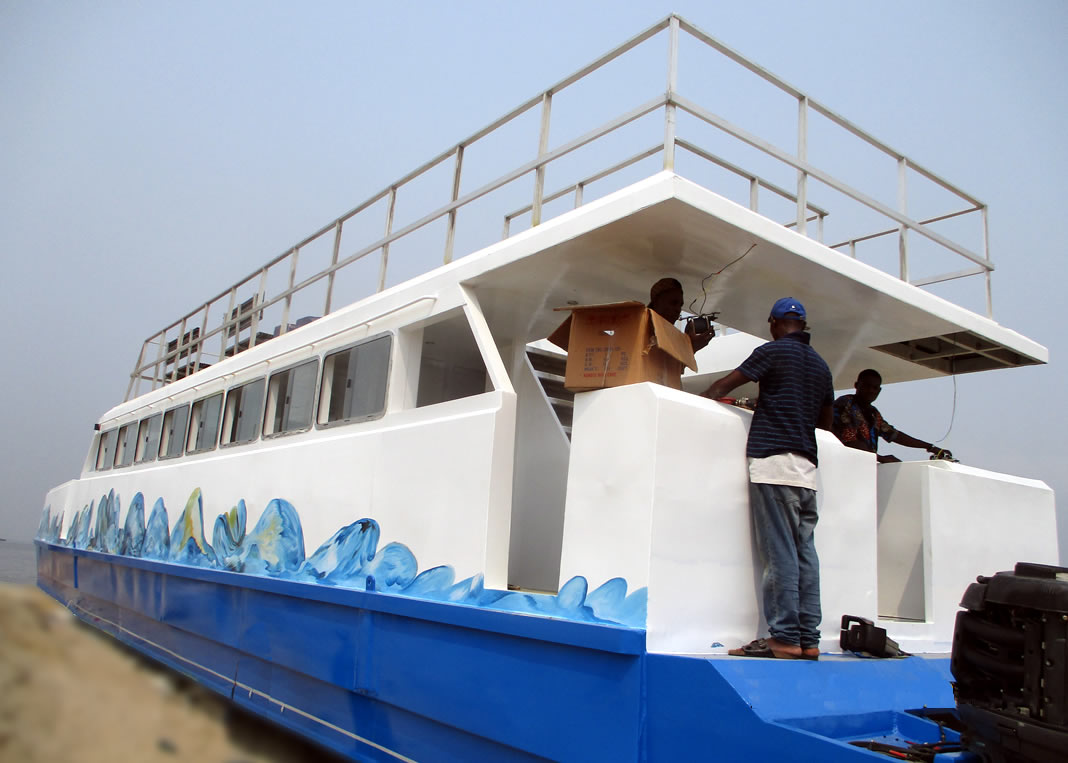THE CRUCIAL ROLE AND IMPORTANCE OF WATERWAY TRANSPORTATION
Waterway transportation has been an integral part of human civilization for centuries, playing a pivotal role in shaping economies, connecting communities, and facilitating trade. In today’s world, where speed and efficiency are paramount, the significance of waterway transportation remains undeniable.
- Economic Impact:
Waterway transportation is a driving force behind economic growth. Rivers, canals, and coastal routes serve as natural highways, allowing the seamless movement of goods. The cost-effectiveness of transporting large quantities of goods via water contributes to lower overall production costs, making products more affordable for consumers.
- Global Trade and Connectivity:
Waterways connect nations and continents, fostering international trade. Ports and harbors serve as gateways for imports and exports, facilitating the exchange of goods on a global scale. This interconnectedness not only fuels economic development but also promotes cultural exchange and understanding.
- Environmental Sustainability:
Compared to other modes of transportation, such as road or air, waterway transportation is often more environmentally friendly. Ships generally emit fewer greenhouse gases per ton of cargo transported, contributing to a more sustainable and eco-friendly transportation option.
- Reduced Congestion and Energy Efficiency:
As urbanization continues to rise, road congestion becomes a pressing issue. Waterway transportation provides an alternative, relieving pressure on overburdened road and rail networks. Additionally, water transport is highly energy-efficient, requiring less fuel per ton-mile compared to other modes of transportation.
- Job Creation and Local Development:
Ports and waterway infrastructure development create employment opportunities and stimulate local economies. From dockworkers to logistics professionals, the waterway transportation industry supports a diverse range of jobs, contributing to community prosperity.
- Reliability and Resilience:
Waterways, particularly navigable rivers and canals, are less susceptible to natural disasters and weather-related disruptions compared to other transportation routes. This reliability enhances supply chain resilience, ensuring a consistent flow of goods even in challenging conditions.
- Supporting Industries:
The importance of waterway transportation extends beyond the shipping industry. It supports various sectors, including shipbuilding, maintenance, and repair. Additionally, the tourism industry often thrives around scenic water routes, contributing to the local economy.
In conclusion, waterway transportation is a cornerstone of global trade, economic development, and environmental sustainability. As we navigate the complexities of a rapidly changing world, recognizing and investing in the importance of waterway transportation will undoubtedly contribute to building more efficient, resilient, and interconnected societies


